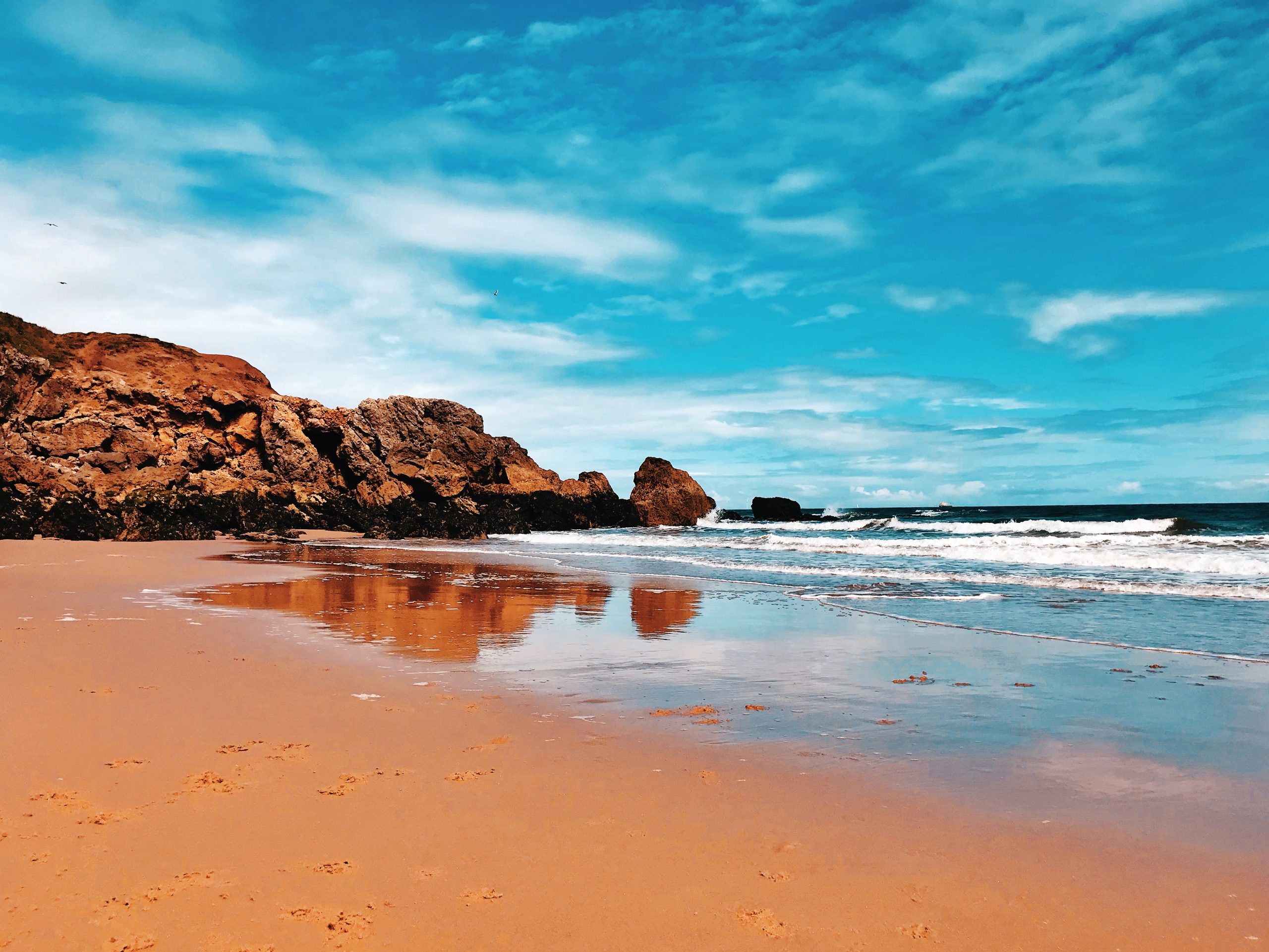[vc_row][vc_column][vc_row_inner][vc_column_inner width=”1/6″][/vc_column_inner][vc_column_inner width=”2/3″][mk_circle_image src=”https://www.festivalofthrift.co.uk/wp-content/uploads/2020/09/thrift-youth-panel-charlie-jobling.jpg” image_diameter=”141″][mk_fancy_title size=”30″ force_font_size=”true” size_smallscreen=”20″ size_tablet=”20″ size_phone=”15″ font_weight=”bold” font_style=”italic” txt_transform=”none” letter_spacing=”1″ font_family=”none” align=”center” el_class=”blogtitle”]Charlie Jobling, a research intern at Teesside University, says it’s crucial to change our consumption of plastic as the toxic consequences of plastic additives are as just as devastating to our ecosystems as the increasing levels of plastic waste[/mk_fancy_title][/vc_column_inner][vc_column_inner width=”1/6″][/vc_column_inner][/vc_row_inner][vc_column_text css=”.vc_custom_1598989859752{margin-bottom: 0px !important;}”]Plastics are ingrained into our everyday life and with many products being convenient and single-use it’s hard to break the habit and start thinking about where our plastics end up and the impact they are having on our ecosystems.
With over 8 million tons of plastic debris reaching the ocean each year, not to mention the amount reaching landfills, now is a crucial time to make a change and consider our plastic consumption, as this pollution and our attitude towards it is at the heart of whether or not we destroy an ecosystems function and its ability to sustain itself and the lives it holds.[/vc_column_text][vc_column_text css=”.vc_custom_1598989990402{margin-bottom: 0px !important;}”]There are many consequences of plastic pollution. Those which are most documented regarding animals are the physical implications plastic can have resulting from entanglement or ingestion I’m sure we’ve all seen the heart-breaking photos of turtles and seabirds trapped in plastic packaging, but there are also the hazards which come from plastic additives when plastic has been ingested.
There currently are over 400 plastic additives used within Europe to influence the properties of a plastic product depending on its use; many of these additives are known to be toxic to humans and aquatic life affecting reproduction and potentially being carcinogenic.
Although there has been a recent emergence of studies exploring the effects of select additives on some animals, the gaps in knowledge surrounding this area are vast and there is still a long way to go to fully understand the toxic effects of these hazardous chemicals. Plastic additives are able to enter our food chain and affect the safety and quality of our foods, as well as affecting human health, coastal tourism and contributing towards climate change.[/vc_column_text][vc_column_text css=”.vc_custom_1598990039420{margin-bottom: 0px !important;}”]Due to the coronavirus pandemic, plastic pollution has skyrocketed owing to the overwhelming amounts of single-use plastic and PPE being disposed. Although this is understandable as people are wanting to be as safe as possible, it’s important to remember that plastic pollution is still a growing problem and there are ways to reduce your plastic consumption whilst still remaining safe and cautious for yourself and those around you.[/vc_column_text][mk_image src=”https://www.festivalofthrift.co.uk/wp-content/uploads/2020/09/sustainable_products-rotated.jpg” image_size=”large” title=”There are many ways to reduce your plastic consumption” align=”center”][vc_column_text css=”.vc_custom_1598990452596{margin-bottom: 0px !important;}”]Alternatives and Simple Ways to Reduce Your Plastic Consumption
Here are some simple ways in which you can reduce your plastic consumption:
- Re-usable water bottles and hot drinks cups are often the easiest change to make to lower your personal plastic consumption, especially if you are a commuter, travelling, or simply someone always on-the-go.
- Many companies, such as LUSH, make shampoo and conditioner bars as a plastic-free alternative, which are especially handy if you travel as they are small and cork containers are available to store them.
- Canvas shopping bags are a plastic-free, sustainable alternative to plastic carrier-bags and may even be a cheaper alternative in the long-run as they are made to last.
- Looking out for plastic products, such as Tupperware, that are made from recycled plastics is another way to buy sustainably and reduce the amount of new plastics being made.
- Swapping toiletries in plastic packaging/containers for ones in sustainable and/or refillable containers, such as WILD deodorants, or a Humble toothbrush made from bamboo and in 100% degradable packaging. For example www.wearewild.com and www.thehumble.co
- One other way to reduce your plastic consumption is to opt for your local greengrocer, rather than a supermarket, if possible, to buy your fruit and veg, where you can buy exactly what you need in loose and cut down on plastic packaging.
[/vc_column_text][mk_image src=”https://www.festivalofthrift.co.uk/wp-content/uploads/2020/09/fest-photo-scaled.jpg” image_size=”large” title=”Charlie was part of Teesside University’s Student Summer Researcher Scheme” align=”center”][vc_column_text css=”.vc_custom_1598990598292{margin-bottom: 0px !important;}”]My Work on Plastic Pollution
During my Biological Sciences BSc degree, with an environmental pathway, I completed my dissertation exploring the physical and toxicological effects of plastic pollution in seabirds.
Following this I was successful in joining Teesside University’s Student Summer Researcher Scheme where I began to conduct research exploring a vast range of plastic additives and the varying toxic effects they can induce on animals. I will be continuing my work on plastic additive pollution this Autumn as a part of Teesside University’s Internship programme.
From this research it is clear that the toxic consequences of plastic are just as detrimental to our ecosystems as the physical consequences that plastics inflict.[/vc_column_text][vc_gallery interval=”3″ images=”8202,8203″][vc_column_text css=”.vc_custom_1598990893921{margin-bottom: 0px !important;}”]Join the Thrift Youth Panel live event on 12 September
Charlie is part of the Thrift Youth Panel and will be taking part in a live interactive panel discussion as part of this year’s ThriftfestLive.
Be part of the event on Saturday 12 September and explore the range of opportunities for young people to engage in sustainability, take action and instigate change. From protest to politics to green careers – log on and join the conversation!
This talk will welcome speakers from Extinction Rebellion, Teesside University, METIS and more.
To book a free place visit https://www.festivalofthrift.co.uk/talks[/vc_column_text][/vc_column][/vc_row][vc_row][vc_column][/vc_column][/vc_row]


